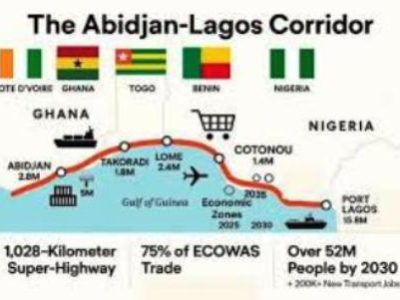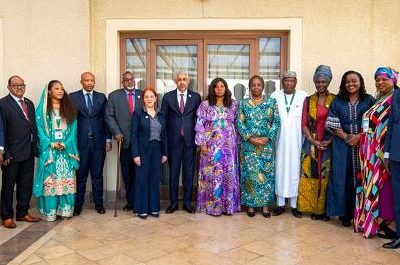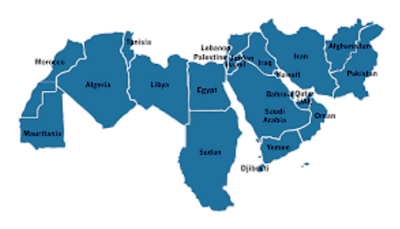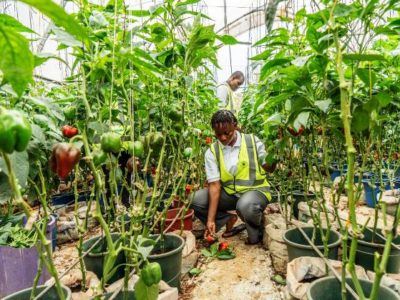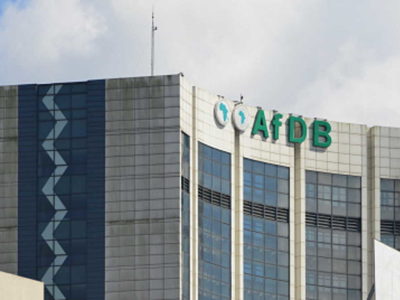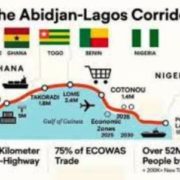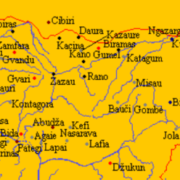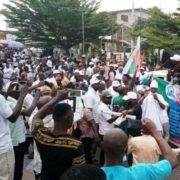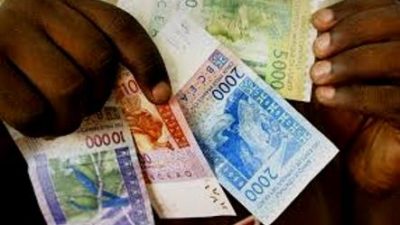African Development Bank Group (AfDB) President Dr. Akinwumi A. Adesina told women at a conference in Pretoria on Wednesday that they are part of a revolution that is building across Africa.
The head of Africa’s premier development lending institution was speaking at the virtual Women Heads of State Initiative (https://bit.ly/37X6PPD), a new cross-media initiative organized by Africa.com in partnership with Coca Cola Africa. The summit recognizes serving and past women presidents and prime ministers in Africa. One of its highlights is strengthening capacity for emerging female leaders on the continent.
Adesina lauded the accomplishments of women in Africa. He said that unlike women in other parts of the world who have had to break through glass ceilings, “women in Africa have had to break through male-dominated concrete ceilings.”
The African Development Bank Group President said the recent virtual Africa Investment Forum boardrooms (https://bit.ly/3JDhD3k)—an initiative of the Bank Group and other founding partners—attracted $32.8 billion in investment interests, including $5 billion for women-run businesses.
The Women Heads of State Initiative featured other speakers, including Yvonne Aki-Sawyerr, OBE, the Mayor of Freetown, Sierra Leone; Vera Songwe; United Nations Under-Secretary-General and Executive Secretary of the Economic Commission for Africa; Wanjira Mathai, Vice President & Regional Director for Africa of the World Resources Institute; Mausi Segun, Executive Director of Human Rights Watch’s Africa division; and Kuseni Dlamini, Chairman of Aspen Pharmacare and Massmart Holdings.
Issues discussed included women in leadership and business, climate change, vaccine manufacturing and water security.
The conference also honored the 22 women who had served an African country as president or prime minister. Special guests included Prime Minister Saara Kuugongelwa-Amadhila of Namibia; Ellen Johnson Sirleaf, the former President of Liberia; Ameenah Gurib-Fakim, the former President of Mauritius; and Joyce Banda, the former President of Malawi.
Addressing the topic of food security, Adesina decried the obstacles that women encounter across the continent. He underscored challenges, including women’s lack of access to land, extension services and finance—even though women make up more than 60% of Africa’s smallholder farming community.
“A revolution is building,” Adesina said, while highlighting the African Development Bank Group’s Affirmative Finance Action for Women in Africa (AFAWA) initiative. The program disbursed $450 million in 2021 for financial institutions to lend to women-led businesses. In 2022, Adesina added, the African Development Bank will disburse $500 million to women-led businesses. He further explained that women in business faced a $42 billion finance gap in Africa.
“Women must go beyond primary farm production,” Adesina said. “They must also dominate agro-processing value chains, where most of the wealth is generated.”
President Banda shared concerns about the impact of the Covid-19 pandemic on women’s progress. She said the pandemic had deepened poverty levels and led to thousands of girls dropping out of school. She added that she was, however, heartened by the African Development Bank chief’s update on his institution’s women-centered programs.
Banda said: “The organizations supporting women in agriculture are really struggling … Malawian women farmers need help and need help now. There have been years when they have lost all their yields due to lack of markets. Yet those companies that might help them to raise finance don’t turn up.”
President Johnson Sirleaf was emphatic about Africa’s prospects, which she said were boosted by an increasingly youthful population. She called for policies that would focus on marginalized women. “As women leaders, we need to look at our own laws, and our own policies, and see: Are they conducive to promoting those women who are at the levels where you may consider them disadvantaged?”
Both Banda and Johnson Sirleaf shared plans to uplift women through their respective foundations. This included an upcoming conference in Malawi, which will address funding for women-headed organizations, among other issues. President Banda said only 1% of gender funding goes to organizations headed by women.
The Women’s Head of State Summit was convened following the 2021 UN-organized Generation Equality Forum held in Paris.

